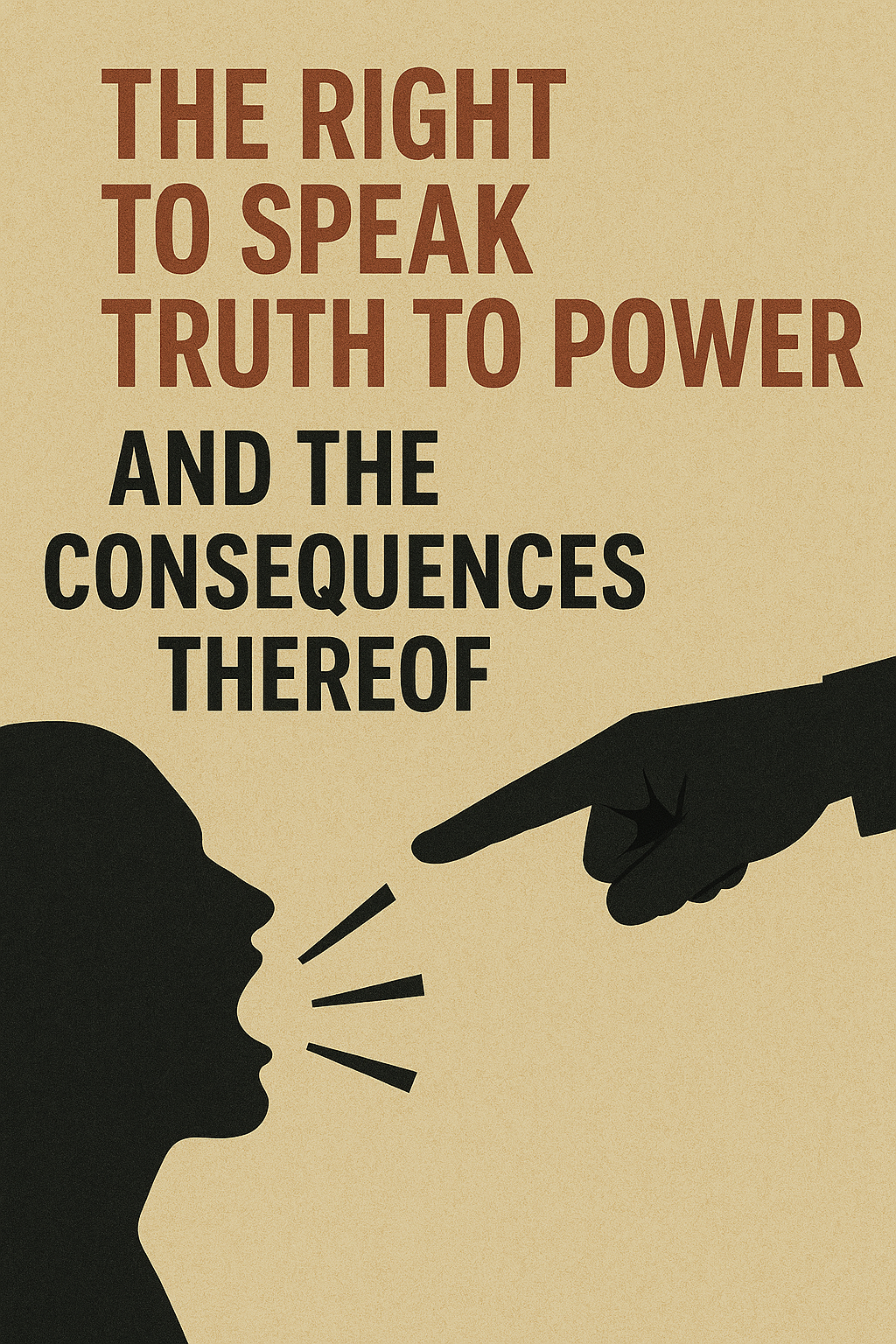 By Guest Contributor (an expert on psychopathy)
By Guest Contributor (an expert on psychopathy)
In the musical “Wicked” by Stephen Schwartz and Winnie Holzman, the Wizard of Oz hums how he is a “sentimental man” who longs to be a father—not noticing that he has done everything he can to kill his true daughter. He may have remained a mediocre man if only the land of Oz had not elevated him to undeserved stature. Unable to face his own lack of self-love and even less able to handle power, he makes lying, subjugating, and scapegoating the rule of the day. He sings:
I never saw myself
As a Solomon or Socrates.
I knew who I was
One of your dime-a-dozen
Mediocrities.
Then suddenly I’m here
Respected, worshipped, even.
Just because the folks in Oz
Needed someone to believe in.
True wickedness, or human evil, does not arise out of nowhere, but it comes from nothing. The clinical term “psychopathy” describes a state of emotional hollowness.
At least persons with narcissistic personality disorder can be “woken up” from their relentless pursuits of admiration and accolades to care about others. At least individuals with schizophrenia can be treated with medication and other means so that they can resurface from their psychosis.
No such possibility exists for those with psychopathy, perhaps the most debilitating of all psychiatric conditions, since these basic human characteristics are missing in the first place. Dr. Elizabeth Howell, who with Dr. Sheldon Itzkowitz published Psychopathy and Human Evil, describes them as “outsiders to love”—for love, empathy, and conscience are missing.
They need treatment, not power. The opportunity to dupe people and to elevate themselves has a paradoxical effect: they must face the intolerable truth that they are mediocre men—and they are usually men—and the fight against that truth leads to greater and greater destruction.
Corporate boardrooms are one place they seek, and governments of feeble countries another.
But family court is where they come to destroy their families.
In my decades-long career of specializing in treating individuals with psychopathy, including serial killers and mass murderers, this one was the craftiest. He may not have (yet) committed the worst acts among those I have come across in my career in and out of prisons, but he would escape criminal accountability as none of them had. He would even weaponize the law and the courts to commit more crimes, and family court helped him in every possible way.
Vengeful against his own children, who recognized his emotional poverty too well to be able to bond with him, and insanely jealous of their mother, known as “the best mom we ever met” among moms who strove to be better moms, he set out to destroy them all.
Briefly, he is a middle-aged man with an extensive family history of psychopathy, psychopathic abuse, neglect, and trauma. His only sibling—the healthiest in his family of origin—is socially and occupationally debilitated from trauma. His parents abandoned them both in their infancy, reclaiming them only in their early teens. He is now a father of two children, whom he abandoned all their lives, until he suddenly decided he wished to reclaim them, as it would kill two birds with one stone: he could avoid paying child support at the same time as derive the satisfaction of tormenting them.
He would still have remained a relatively incapacitated mediocre man whom relatives managed to contain and to protect his children from, to a certain degree. It was only when family court stepped in that a judicially-generated crisis began.
Within weeks of his petitioning, he was able to have the judge declare the mother, not him, “mentally ill”; reverse all charges against him; threaten the mother, not him, with jail; and order a full custody transfer of the children he was abusing to himself. The children would not see their mother over months of trauma, and despite their previous perfect health and superior emotional and intellectual development, they would become scarred for life.
Indeed, in the surreal, upside-down world of family court—where a thief is a philanthropist, a child molester a liberator, and a protective mother a “parental alienator”—psychopathy rules.
This tale is not unique: we are hearing of the same scenario playing out over and over, in family courts across the country, in almost every state. There is even a “playbook” that anyone can follow. Where there is absolute immunity and no oversight, there is rampant corruption, and corruption is the soil that breeds psychopathy. Once psychopaths are in charge, there is no limit to what they can do: torture, murder, causing of suicides, pedophilia, and child sex trafficking. There is no conscience to stop them.
There are two solutions to this national situation:
We must learn to recognize psychopathy, first by educating ourselves of its existence.
And we must eliminate environments in which it thrives.
It is important to recognize that psychopaths often appear very normal. They have spent a lifetime honing their superficial charisma and calculated charm so as to achieve their predatory purposes, and their lack of compunction about defrauding others and their drive to hide their incompetence make them particularly good at it. They derive pleasure from what the clinical literature refers to as “duping delight,” which is a kind of glee at putting something over on someone.
Indeed, their ability to elicit sympathy measures their degree of deviousness. They take advantage of common assumptions, such as that all humans are capable of empathy or that all fathers must love their children.
Ordinary, healthy persons have a hard time imagining their ruthless, immoral pursuit of power and personal gain, which would leave a trail of human suffering and societal damage in their wake—their own children notwithstanding.
Like all human pathology, psychopathy leads to damage and death, eventually even for the individual who believes he is advantaging himself over everyone. It is the responsibility of society to see this for what it is: a sickness and not an asset. A healthy society sets limits on them and holds them responsible for their deeds—since for all their debility in actual function, they can tell apart right from wrong.
A healthy institution does not enable psychopathy as did this Orwellian family court, avoiding holding a single hearing, blocking evidence, obstructing investigations, and intimidating true experts while pulling incompetent “professionals” out of nowhere and awarding them with lucrative contracts to lie, whereas on their own they would never find work elsewhere.
In such environments of corruption and compromise, psychopaths “thrive.”
They find their newfound positions of power too tempting not to get “carried away, and not just by a balloon”—until, like both the Wizard and the Land of Oz in “Wicked,” they discover they lost everything of any value: love.



